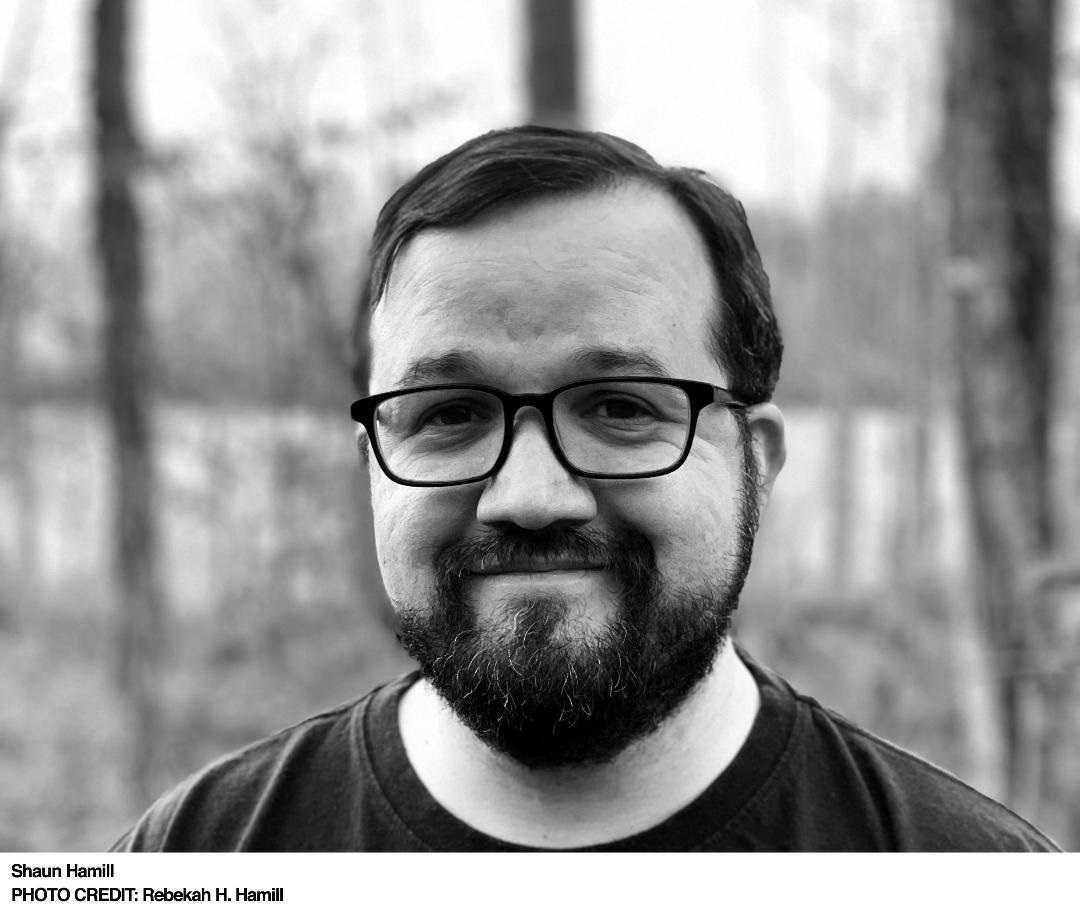 A Texas native, Shaun Hamill holds an MFA from the Iowa Writers' Workshop, and his fiction has appeared in Carve and Split Infinitive. The genre-bending A Cosmology of Monsters (Pantheon, September 17, 2019) is his first novel.
A Texas native, Shaun Hamill holds an MFA from the Iowa Writers' Workshop, and his fiction has appeared in Carve and Split Infinitive. The genre-bending A Cosmology of Monsters (Pantheon, September 17, 2019) is his first novel.
On your nightstand now:
The Saturday Night Ghost Club by Craig Davidson: This was sent to me by someone with incredible taste. It's a terrific, spooky coming-of-age novel.
Locke & Key Vol. 2: Head Games by Joe Hill & Gabriel Rodriguez: I've read all of Joe Hill's prose novels, but I'm just now getting around to Locke & Key. This series melds terrific, haunting visuals, taut suspense and great character work. The pages just fly.
Black House by Stephen King and Peter Straub: I've been re-reading my way through King's oeuvre chronologically for the past two years, starting with 1974's Carrie and now edging into the 2000s with this sequel to The Talisman. This is a rare case where I prefer the sequel, with its omniscient narration, its panoramic view of a community in crisis, its sinister villain and its ties to the Dark Tower series.
The Sandman by Lars Kepler: This Nordic thriller is another book sent to me by someone whose taste I trust. I haven't read many crime novels, but I'm enjoying the fast pacing, the wintry atmosphere and the deep creepiness of the title villain.
The Little Stranger by Sarah Waters: Another I've just started. Waters does a terrific job sketching out the particulars of the eerie, dilapidated Hundreds Hall, hinting at the possibility that there may be more at work there than the ravages of time.
Favorite book when you were a child:
The Scary Stories to Tell in the Dark series by Alvin Schwartz. The stories are told in a simple, direct language, leaving plenty of room for Stephen Gammell's twisted illustrations. I still can't believe that any publisher let those illustrations into a book for children, but I'm grateful for it.
Your top five authors:
There are a wide range of writers whose work I'm enjoying (N.K. Jemisin, Kelly Link, John Langan, Carmen Maria Machado, Victor LaValle, S.P. Miskowski, etc.), and many of them would make a list of favorites, but I think the fairer thing to do here is list the five authors whose work molded me as a writer (even if that list is woefully white):
Stephen King mixes incredible character work with page-turning suspense. I've never read another writer with his ability to draw in and hold even a sophisticated reader through scenes, moments and situations that ought to be ridiculous. See Dreamcatcher for a perfect example of his ability to sell the bizarre.
Anne Rice did a lot to shape me as an adolescent thinker and philosopher. She has an incredible gift for narrating from a villain's point of view, making reprehensible behavior sympathetic. I credit her Vampire Chronicles, particularly Memnoch the Devil, with shaking me free of the narrow-minded version of Christianity I was born into, and starting me down a path of sympathy for the devil.
John Irving builds entire worlds in miniature, and populates them with flawed but lovable people. I love his intimate, tragicomic epics, charting his characters across a lifetime. His work taught me how to paint on a canvas at once large and small.
Lorrie Moore's short stories were my bridge from commercial to literary fiction. Her funny, heartbreaking, low-key narratives showed me that there's as much emotional drama in a dinner at an ex-boyfriend's house as there is in, say, immortal bloodsuckers and interdimensional monsters.
Michael Chabon's novels are technically literary fiction, but they're also undeniably fun. He always seems intent on providing his reader with entertainment in addition to all the pretty words. I wanted to go to an MFA program because I hoped it would be a manic adventure like Wonder Boys, and I still love the fictional history of Empire Comics in The Amazing Adventures of Kavalier and Clay. Although my linguistic abilities fall far, far short of Chabon's, it's his sense of literary play that I chase whenever I sit down to write.
Book you've faked reading:
In college I took a Hemingway/Faulkner course and found The Sound and the Fury impenetrable. I've read and enjoyed other Faulkner novels, so I'm going to try it again. Someday. Maybe.
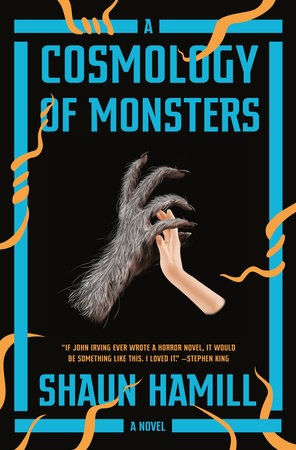 Book you're an evangelist for:
Book you're an evangelist for:
The Study of Animal Languages by Lindsay Stern. I read and loved an early draft of this novel, and the finished version, which came out earlier this year, is even better. It's a small novel about big ideas, and also traces the course of a struggling marriage in a tight 200 pages. I tore through it in two or three sittings, and I can't recommend it enough.
Book you've bought for the cover:
American Gods by Neil Gaiman. That original dust jacket--a lonesome highway beneath a stormy sky, a bolt of lightning on the horizon and that simple, declarative title--struck a deep chord in me. I enjoyed the story behind the cover, too, but the purchase would have been worthwhile for its aesthetic value alone.
Book you hid from your parents:
My parents never specifically forbade me any book, but I once stole a copy of Judy Blume's Then Again, Maybe I Won't from my sixth-grade classroom so I could finish it over the weekend. I probably hid it from my parents so I wouldn't have to answer any uncomfortable questions about its origin. I put the book back in my teacher's collection the following Monday, and am currently retired from a life of crime.
Book that changed your life:
Songs of a Dead Dreamer & Grimscribe by Thomas Ligotti. A couple of years ago, Penguin put together an omnibus of Ligotti's first two short story collections, and reading it in the summer of 2016 helped me find my way to the end of my own novel. Ligotti gave me what I wanted (and never quite got) from Lovecraft--the feeling of peering into forbidden texts and dark dimensions, finding the true world beyond the veil. It's creepy, weird fiction at its finest.
Favorite line from a book:
"...the only value of this world lies in its power--at certain times--to suggest another." --Thomas Ligotti, "Vastarien," Songs of a Dead Dreamer
Five books you'll never part with:
Songs of a Dead Dreamer & Grimscribe by Thomas Ligotti. In addition to the praise heaped above, I'd also like to mention that the book feels fresh every time I read it. It's like slipping into a dream and emerging with only a hazy idea of what it was about (in a good way!).
It by Stephen King: This novel was my transition from Star Wars novels to the wider world of genre fiction. It was passed to me by a friend in eighth grade, and for three weeks I lived inside its world, desperate for a group of friends like the Loser's Club, and an eerie adventure to call my own. I found the friends eventually, but we survived adolescence without the obstacle of murderous sewer clowns.
The Hotel New Hampshire by John Irving: This is the book Irving wrote after The World According to Garp and before The Cider House Rules. Its placement makes it something of a neglected middle child in his body of work, but if Irving books were pizzas, this one would be a supreme, topped with violence, slapstick, untidy yearning, love, intricate plotting and of course, bears. Like, multiple bears. Anyone familiar with this novel will see its fingerprints all over A Cosmology of Monsters.
Jonathan Strange and Mr Norrell by Susanna Clarke: I think if Clarke had published more than one novel and one collection, she'd have cracked my list of top five authors. Jonathan Strange is a book into which you can disappear completely. Its world-building is incredible, and its system of magic--dark, wild, simultaneously well-chronicled and mysterious--is seductive and terrifying. I'm praying that we'll get another book set in this world, and soon.
The Secret History by Donna Tartt: Like It, The Secret History also deals with an exclusive club of outsiders harboring a dark secret, but this one is set in the world of academia and features no external supernatural scapegoat for the evil acts that take place. Like Chabon, Tartt's the rare writer who can craft a sentence as well as she can plot a story. She takes a long time to write her novels, but they're always worth the wait.
Book you most want to read again for the first time:
That's tough to answer, because so many books I've loved are rooted to a specific moment in my life--sitting on the hot sidewalk outside the laundromat with a hardcover of It propped open in my lap; trying to hold my copy of The World According to Garp steady on the shuddering bus ride home from school; pacing around my parents' house, alone on a Friday night, mind reeling after finishing Birds of America in one sitting. I guess I wouldn't mind "losing" my experience with The Secret History, which kept me company through a series unpleasant dentist trips. It would be nice to read that book for the first time without hearing "you'll feel a little pinch" and the whine of a drill between pages.






IPC.0204.S3.INDIEPRESSMONTHCONTEST.gif)




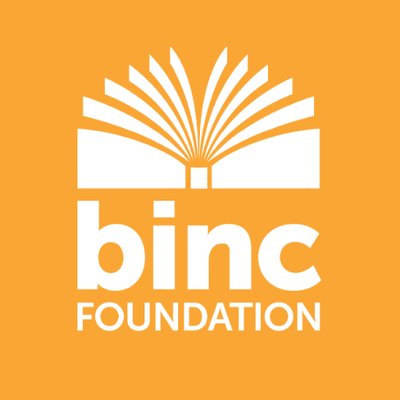
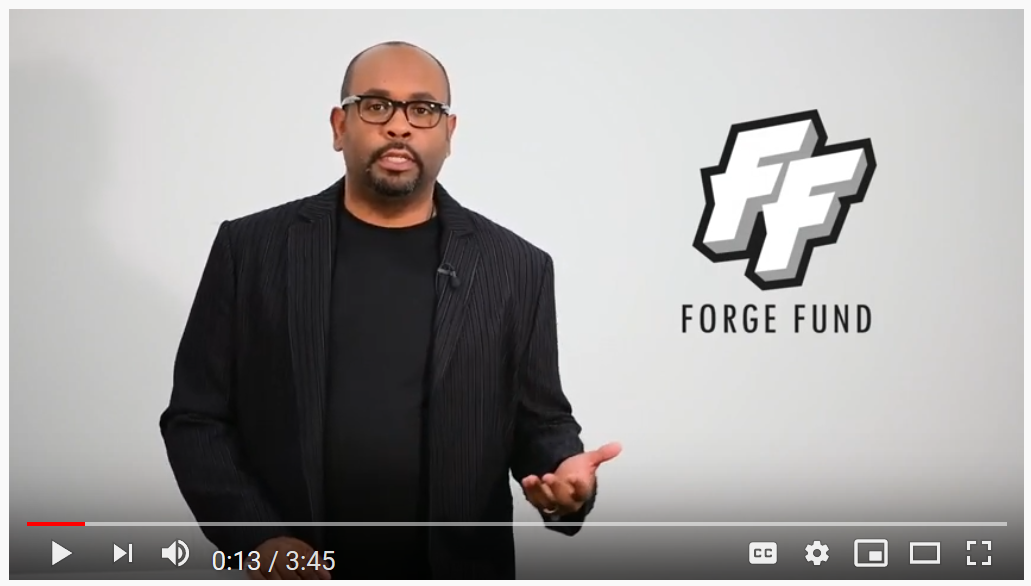

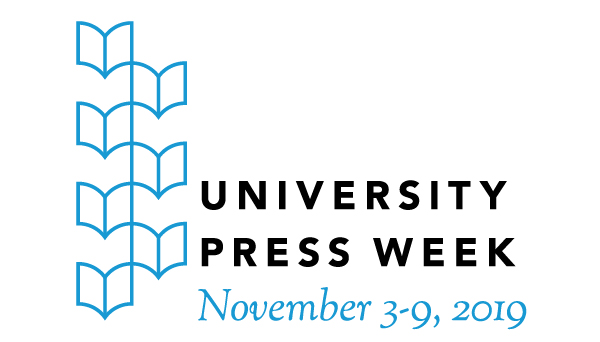 The
The 
IPC.0211.T4.INDIEPRESSMONTH.gif)
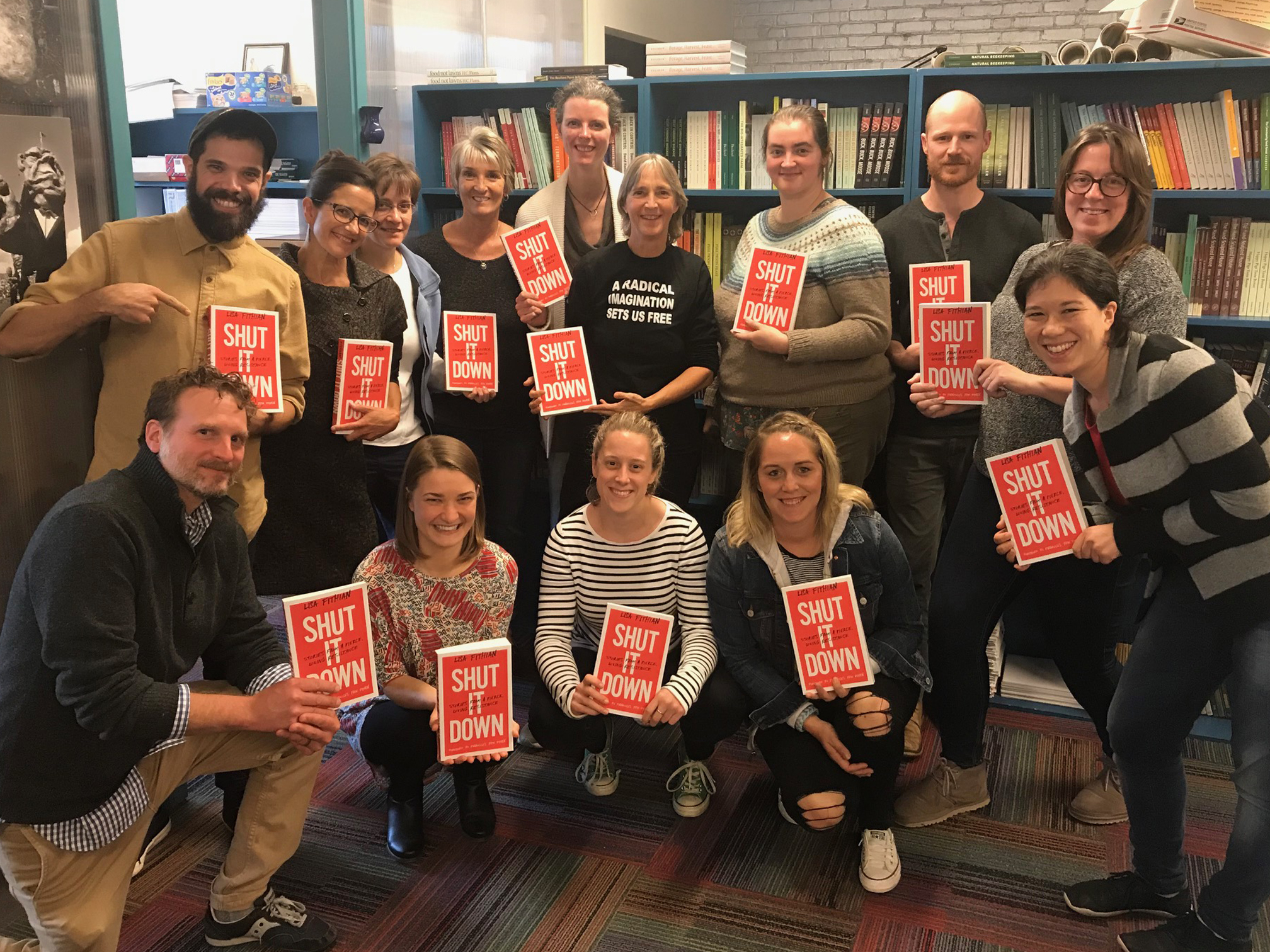 Lisa Fithian, activist, organizer and author of Shut It Down: Stories from a Fierce, Loving Resistance (pictured above, wearing "A Radical Imagination Sets Us Free" T-shirt), stopped by the offices of Chelsea Green Publishing in White River Junction, Vt. She was the inaugural speaker in the house's "Lunch and Learn" program, sponsored by Chelsea Green's Employee-Ownership Committee. Fithian is in the midst of an
Lisa Fithian, activist, organizer and author of Shut It Down: Stories from a Fierce, Loving Resistance (pictured above, wearing "A Radical Imagination Sets Us Free" T-shirt), stopped by the offices of Chelsea Green Publishing in White River Junction, Vt. She was the inaugural speaker in the house's "Lunch and Learn" program, sponsored by Chelsea Green's Employee-Ownership Committee. Fithian is in the midst of an 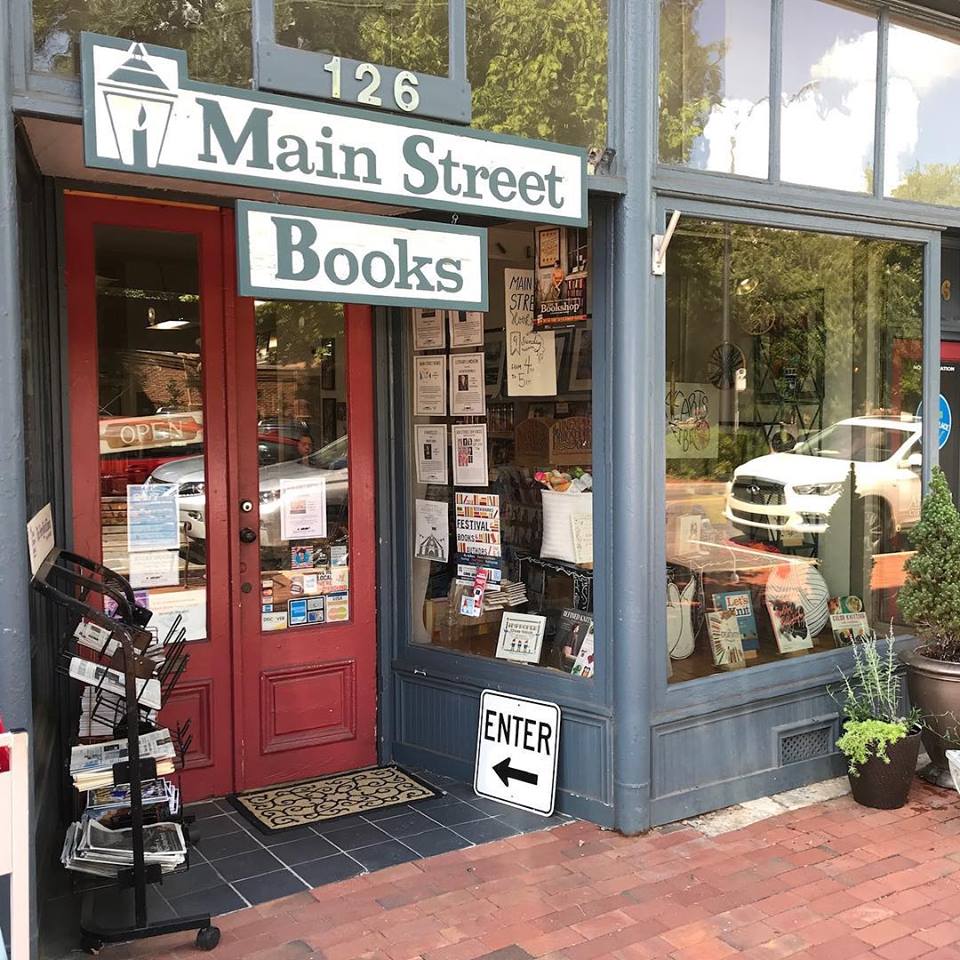 Usually our "Bookseller Moment" posts are photographs, but a recent letter to customers, titled "
Usually our "Bookseller Moment" posts are photographs, but a recent letter to customers, titled " Ada's Technical Books & Café
Ada's Technical Books & Café Pieces of Me
Pieces of Me A Texas native,
A Texas native,  Book you're an evangelist for:
Book you're an evangelist for: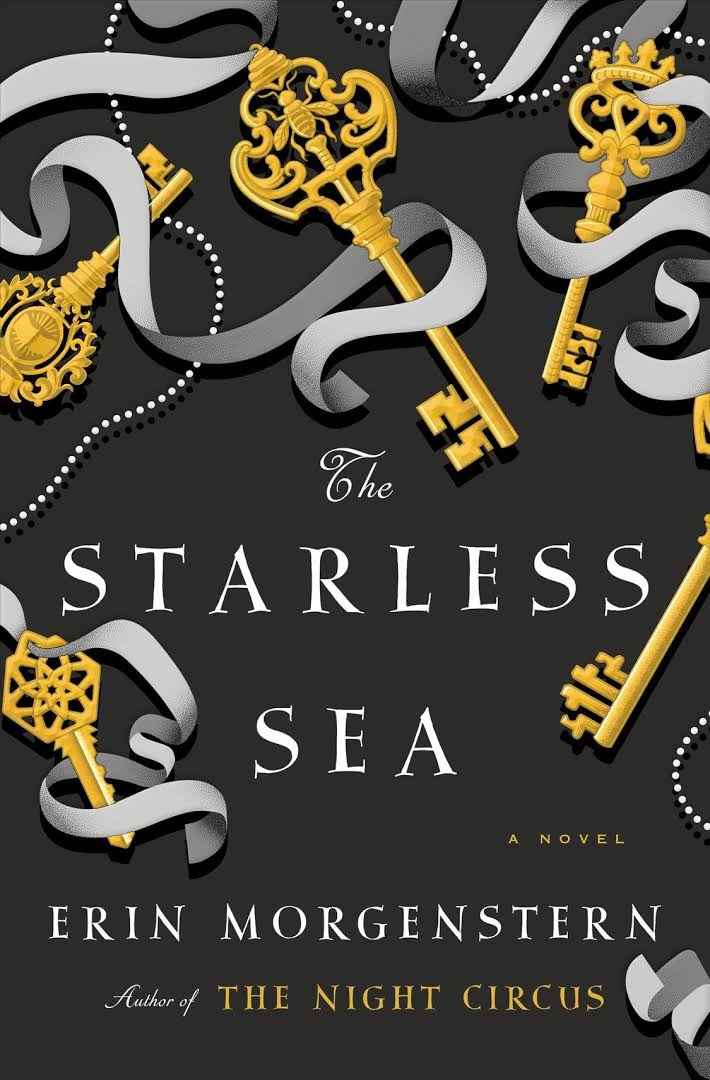 In her first novel in eight years, Erin Morgenstern (The Night Circus) weaves a sprawling, ambitious spell of a story in which a young man becomes caught up in a centuries-old secret world of hidden archives, thwarted love and forces beyond human comprehension.
In her first novel in eight years, Erin Morgenstern (The Night Circus) weaves a sprawling, ambitious spell of a story in which a young man becomes caught up in a centuries-old secret world of hidden archives, thwarted love and forces beyond human comprehension.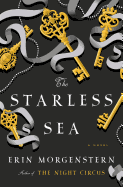
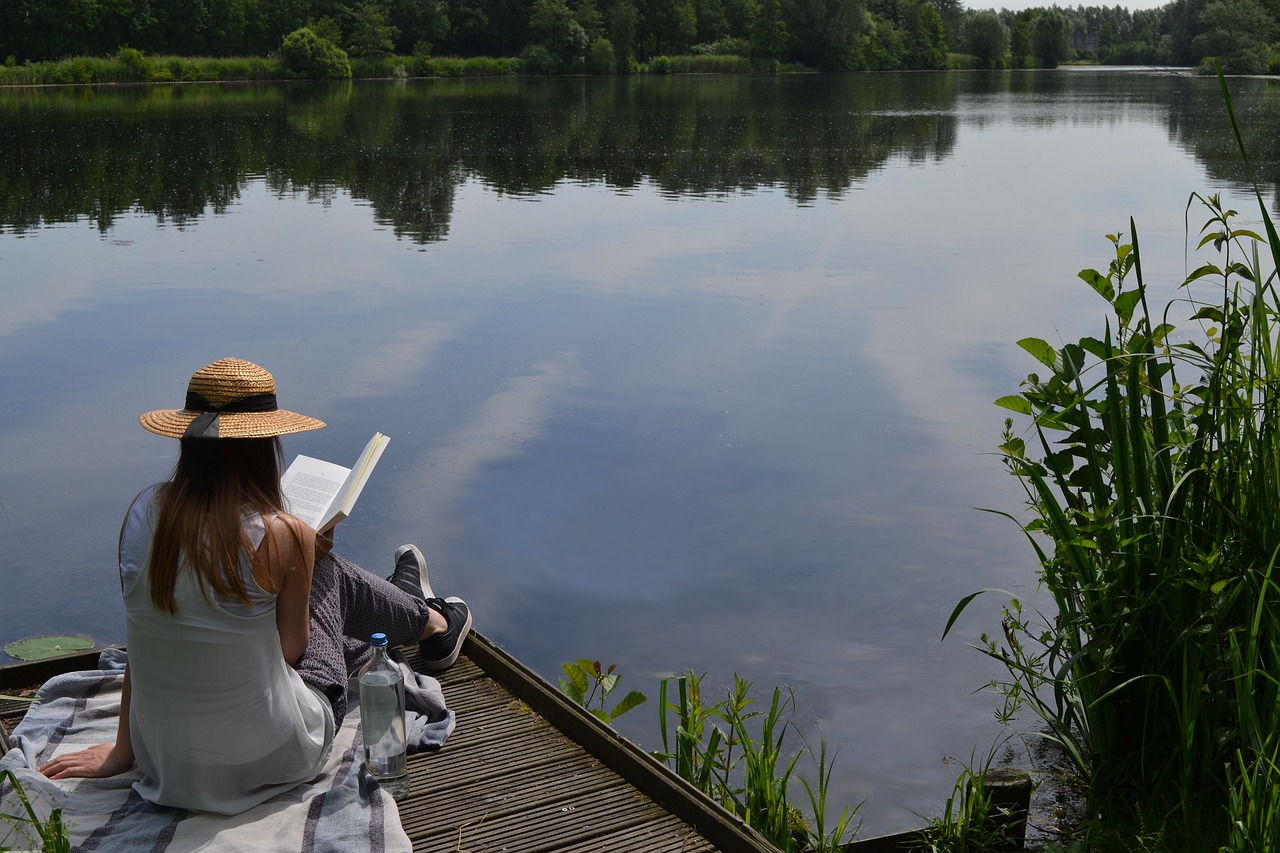 "In response to this dire forecast for reading, I have come up with a proposal. What we need is more summer. My entirely unscientific survey shows that more people read lying in hammocks, sitting on lounge chairs, rocking on porches, and spacing out on beaches than throughout the rest of the year. Books are our summer furniture, sort of like wicker, and our summer nourishment like bluefish and raspberries. They taste better in season."
"In response to this dire forecast for reading, I have come up with a proposal. What we need is more summer. My entirely unscientific survey shows that more people read lying in hammocks, sitting on lounge chairs, rocking on porches, and spacing out on beaches than throughout the rest of the year. Books are our summer furniture, sort of like wicker, and our summer nourishment like bluefish and raspberries. They taste better in season." PRC also recently
PRC also recently